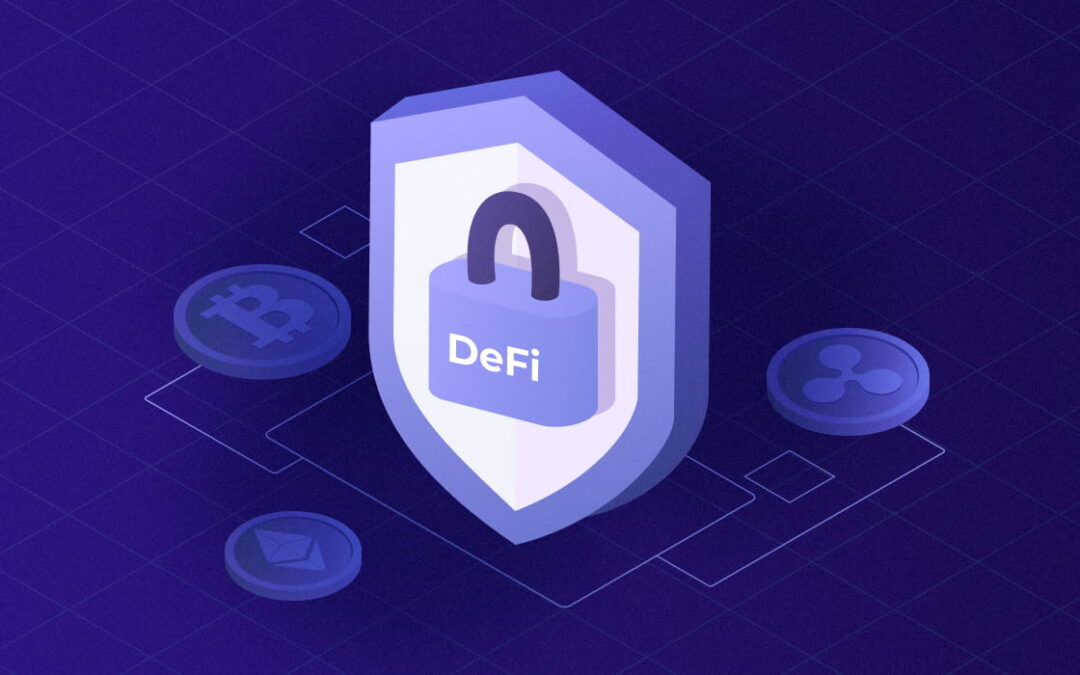Welcome to the thrilling world of decentralized finance (DeFi), where innovative blockchain technology is revolutionizing traditional finance systems. From decentralized exchanges to lending platforms, DeFi offers a promising glimpse into a future of financial autonomy. However, amidst the excitement, there lurks a significant challenge that demands our attention. Join me as we explore the intricacies of DeFi and uncover the biggest problem that the industry faces today.
The Rise of DeFi
In recent years, DeFi has captured the imagination of investors, technologists, and financial experts alike. Built on blockchain networks like Ethereum, DeFi protocols enable users to access financial services without the need for intermediaries. This decentralized approach promises greater accessibility, transparency, and efficiency compared to traditional finance.
The Landscape of Challenges
While DeFi holds immense potential, it is not without its hurdles. From scalability issues to regulatory concerns, the industry grapples with various challenges as it strives for mass adoption. However, one particular problem stands out among the rest, casting a shadow over the DeFi ecosystem.
The Elephant in the Room
So, what is the biggest problem in DeFi? To put it simply, it’s the issue of security. While blockchain technology provides a robust framework for decentralization, it is not impervious to vulnerabilities. DeFi platforms are susceptible to hacks, exploits, and smart contract vulnerabilities, putting user funds at risk.
The recent surge in DeFi-related hacks underscores the severity of the problem. High-profile incidents, such as the exploitation of smart contracts and flash loan attacks, have resulted in millions of dollars in losses. These security breaches not only erode trust in DeFi but also hinder its broader adoption.
Addressing the Challenge
Recognizing the significance of security is the first step towards mitigating the risk. DeFi projects must prioritize security measures at every stage of development, from smart contract auditing to protocol upgrades. Additionally, collaboration within the community is essential to share best practices and enhance the resilience of DeFi infrastructure.
Furthermore, regulatory oversight can play a crucial role in safeguarding investors and promoting responsible innovation in DeFi. While decentralization remains a core principle, regulatory frameworks can provide clarity and accountability, fostering a more stable and secure ecosystem.
Conclusion
In conclusion, while DeFi holds immense promise for the future of finance, security remains its Achilles’ heel. By addressing the challenges of security head-on, the DeFi community can build a more resilient and trustworthy ecosystem. Together, we can unlock the full potential of decentralized finance and usher in a new era of financial freedom.
So, as you navigate the world of DeFi, remember to stay vigilant, do your research, and prioritize security above all else. After all, in the quest for financial autonomy, safeguarding your assets is paramount.

